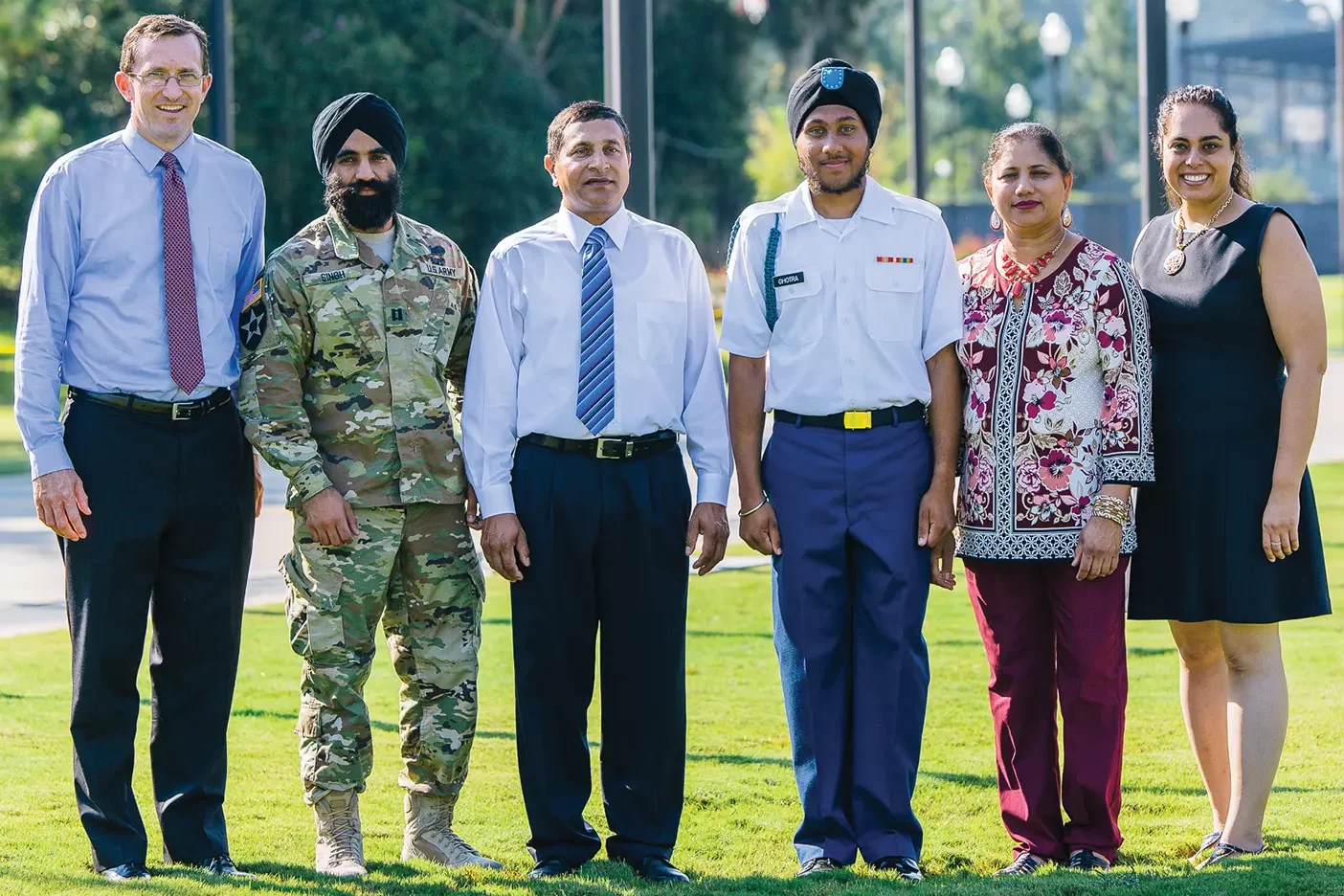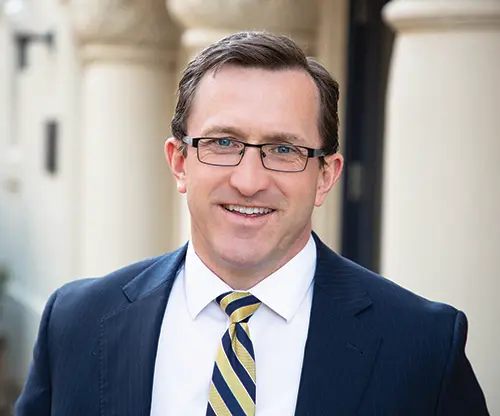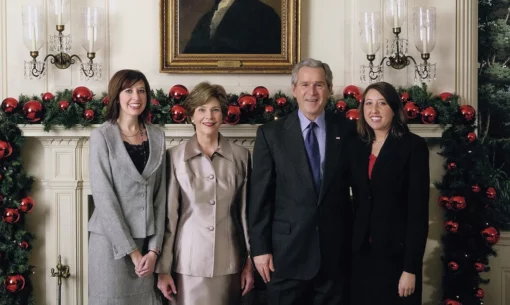A BYU alum is making the case for religious minorities.

“We challenge everybody to think about what it means to have religious freedom,” says Eric S. Baxter (BA ’97, JD ’00), vice president and senior counsel at the Becket Fund for Religious Liberty. “It’s not just about your own religious freedom but respecting the rights of other people.” A nonprofit law firm based in Washington, DC, Becket seeks to protect the religious rights of people of any faith tradition, from Anglicans to Zoroastrians.
Baxter joined Becket in 2011, despite having just been made partner at a private firm. He was drawn to Becket’s mission and wanted to help all people live and express their religious beliefs. Over more than a decade, Baxter has worked cases involving Muslim students in public schools, an Orthodox Jewish university, and a statue of Jesus on public land, among others.

In one of Baxter’s most memorable cases, he fought for religious exemptions in the military dress code. In 2006 Simratpal Singh entered West Point, fresh out of high school and eager to serve his country. As a practicing Sikh, Singh refrained from cutting his hair, but he was told he would have to abide by military grooming standards or go home. Forced to choose between his faith and serving his country, Singh cut his hair but kept it with him in a plastic bag—a reminder to grow it back as soon as he could. In 2016, with Baxter’s help, Singh won a legal battle to wear a religious beard and turban while in uniform.
“It’s incredibly fulfilling to work with people of minority faiths who run into government regulations that—intentionally or not—prevent them from fully participating in public life,” Baxter reflects. There are now about 100 fully observant Sikhs enlisted in the US Army.
Working with such a diversity of religious individuals helps Baxter more fully appreciate the broad beliefs held in the United States. “I’ve seen the divinity and power in others’ religious practices and beliefs,” he says. “Simultaneously, it’s also deepened my appreciation for the restored gospel of Jesus Christ and the unique truths and optimism it provides.”












